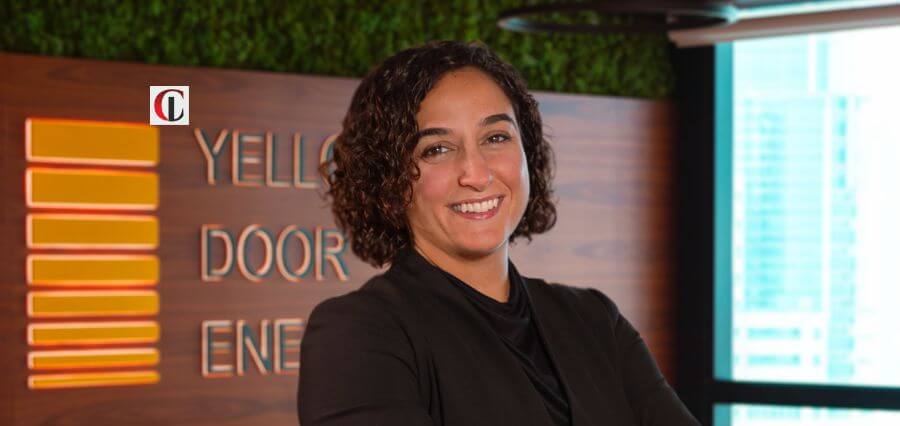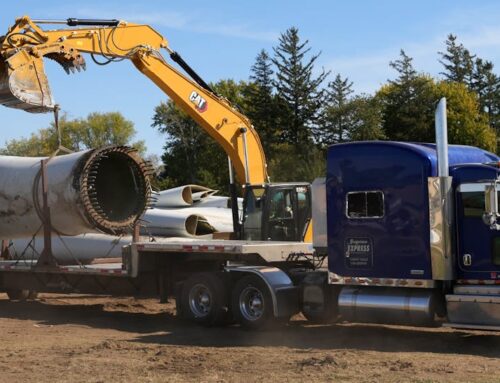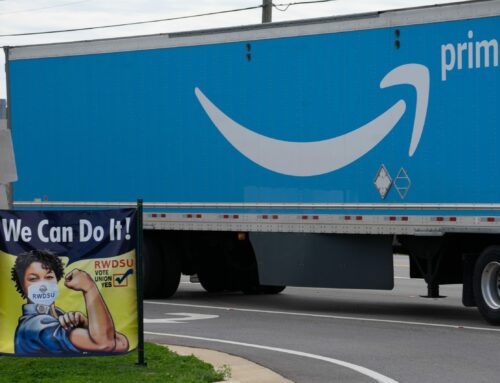Tania Jarjur: Nurturing a Culture of Veracity in the Renewable Energy Sector
October 4, 2024

The escalating challenges of climate change, energy security, and rising costs are pushing society towards urgent solutions. As fossil fuel supplies dwindle and global temperatures rise, the need for renewable energy sources like solar power has never been more critical. Solar energy not only reduces greenhouse gas emissions but also enhances energy efficiency, allowing homes and businesses to cut costs while alleviating pressure on the energy grid.
In this domain, Tania Jarjur stands out as a pivotal figure. As the Group General Counsel at Yellow Door Energy, she is at the forefront of navigating the complex legal terrain of the renewable energy sector. With her extensive background in corporate law and project development, Tania oversees the legal department, ensuring that the company adheres to regulations while nurturing a culture of integrity and collaboration. Her leadership is instrumental in advancing sustainable energy solutions, addressing legal matters related to contracts, mergers, and regulatory compliance.
Tania’s role is not just about legal oversight; it embodies the commitment to a sustainable future. Under her guidance, Yellow Door Energy is optimizing solar energy deployment, which is essential for creating a robust energy system that supports economic growth while protecting the environment. By focusing on energy efficiency initiatives, the company helps clients significantly reduce their energy usage, resulting in substantial cost savings and a lower carbon footprint.
Here are the highlights of an exclusive interview!
Can you please introduce yourself and your motivation to embark on this sector?
I’m Tania Jarjur, Group General Counsel at Yellow Door Energy (YDE). As head of the legal department, I oversee multiple verticals, including projects, M&A, new markets, finance, litigation, compliance, and board relations. Over the last 7 years, the legal team has grown from just me to 6 lawyers across jurisdictions for a 127-employee company.
My motivation to join this sector is to contribute to the global transition to sustainable power and create solutions that support the climate and environment. The renewable energy sector provides financial security, encourages innovation, and offers work that benefits the wider community.
Could you please give a brief introduction to your company and its inception story?
Yellow Door Energy, founded in 2015 in Dubai, UAE, aims to provide affordable, reliable, and sustainable energy solutions for businesses. Starting with Unilever as its first customer, the company now serves over 90 clients and operates solar power plants in six countries: the UAE, Jordan, Saudi Arabia, Bahrain, Oman, and South Africa.
The company offers solar power purchase agreements, allowing businesses to transition to solar energy and reduce electricity costs without upfront capital. Solar can be generated on-site through rooftop, ground-mounted, or carport installations, or off-site via solar wheeling agreements. Additionally, Yellow Door Energy provides battery energy storage systems (BESS), EV charging stations, and energy efficiency measures as part of its renewable energy solutions.
How would you approach developing and implementing legal strategies to support the company’s business objectives?
As a legal department, we act as strategic advisors to the company, blending our understanding of the law with practical business operations. In contract negotiations, we focus not only on our best interests but also on fairness to facilitate deal closure.
When identifying risks, we aim to provide solutions that mitigate those risks without hindering business opportunities. We recognize that being overly risk-averse is counterproductive; instead, we embrace uncertainty as a chance to develop strategies and solutions that can lead to new business opportunities.
Describe your experience managing complex litigation and mitigating legal risks.
The best way to mitigate legal risks is to ensure contracts are thorough in how they address different issues that could arise. It’s not always possible to anticipate each type of claim at the outset, but as potential disputes arise, we do a great job of updating all our contractual templates to ensure they are clarified to minimize future disputes.
How do you ensure compliance with relevant laws, regulations, and industry standards?
The solar industry is highly dependent on regulations, requiring a clear understanding of their impact on our business model. We continuously monitor regulations in our markets, using in-house and external legal counsel, to certify compliance and stay informed about relevant laws. As changes occur, we promptly update our contracts, internal processes, and training provided to internal teams and external contractors.
What is your approach to building and maintaining strong relationships with key stakeholders, such as executives and board members?
As part of the C-suite of the company, it is imperative that I don’t just offer “by the book legal advice” but also act as a legal and commercial advisor. I work very closely with the executive team, and we ensure we are aligned on our solutions before we approach the board. When I am faced with a legal issue, I try to find a solution before I communicate the problem. Early, transparent communication with the executive team as well as the wider company, is very important to ensure problems do not grow into something unmanageable.
How do you stay current with legal developments and trends that may impact the company?
As stated above, it is a collaborative effort of the internal team, external counsel, subscriptions to legal databases that notify us of changes, and memberships in legal and industry associations.
Describe your experience drafting and negotiating contracts and agreements.
Overseeing multiple jurisdictions, I find it fascinating how culture and language shape market templates and negotiations. It’s crucial to adjust expectations while safeguarding our company’s interests.
In the UAE, contracts follow a UK-oriented style; in Saudi Arabia, they must be in Arabic or dual-language. Jordan prefers shorter, simpler contracts based on the Civil Code, while South Africa’s unique cultural complexities influence negotiations. My experience at YDE has involved negotiating across diverse nationalities and languages, making it an exciting challenge.
How do you foster a culture of ethical behavior and legal compliance within an organization?
The tone of integrity must come from executive leadership. Fortunately, YDE’s top management stands behind this message as a core company value. Training is key, led by our senior VP of Business Integrity and Compliance, who has established an independent whistleblower hotline.
Our training goes beyond legal minimums to foster a culture of integrity throughout the company. Given the high corruption risks in our markets, we are very diligent in selecting vendors, contractors, and agents.
What advice would you like to give to aspiring professionals in your field?
Success has many definitions and paths. Choose an industry you’re passionate about and focus your motivation on jobs within it. A legal background offers flexibility, so take risks and forge your own path. Instead of starting as a small cog, seek creative opportunities in new or growing sectors to become an expert.
I reassure women to own their power and ideas. Speak up, ask questions, and use mistakes as learning opportunities.
With technology and AI advancing, traditional legal analysis may become automated. To stay relevant, adopt a commercial perspective and integrate it into value-added strategies. Combining legal expertise with commercial or technical skills will enhance your career.
Search
RECENT PRESS RELEASES
Related Post


